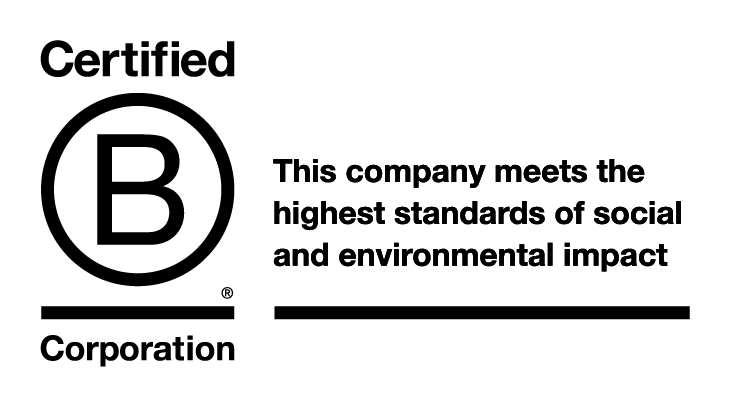Complex Feelings about Celebrating Mother’s Day
Written by MFC Therapist Dr. Nicole Williams-Myers, Ph.D
If you find yourself struggling with complex feelings during holidays that celebrate moms or dads, you are not alone. Sometimes, we expect to feel the way others around us are feeling. We may be tempted to question our emotions or try to push them away. These reactions are understandable but typically do not help and can make the situation worse.
The reality is that many of us can expect a range of emotions when thoughts about our parents or about being a parent are elicited. Trying to fit our feelings into a socially constructed expectation is unrealistic and invalidating. It can result in adding a layer of psychological pain to an already difficult situation.
If you are experiencing a mix of emotions during holidays intended to celebrate a parent, I would encourage you to learn and practice a basic set of skills taken from evidence-based therapy practices. If this is a recurring concern or it interferes with how you function, you may find yourself wanting support with learning and practicing these skills. Therapists can help you navigate this journey to healing.
Mindfulness
Using mindfulness to respond differently to thoughts, sensations, feelings, and emotions helps to improve how we manage them. Mindfulness is a popular buzzword nowadays, but what does it mean? Simply put, it is observing, describing, and participating in the present moment. There is nothing to be changed about the current experience, but rather to notice it without being attached to it, controlled by it, or trying to control it.
How are we supposed to do this? We must make a concerted effort to accept what comes our way without judging it. It’s always easier to do something than not do to something, so we might be aware and notice our judgments while not responding to them. We might also practice being curious or willing to experience what comes our way. Remember, we cannot observe something that isn’t experienced through our five senses. Be cautious of thoughts that masquerade as facts since many are clouded by interpretation. Learn more about mindfulness here.
Be Mindfully Aware
Once we begin to practice looking at what bothers us, we can learn from it. Self-validation is a skill that we can learn to apply to ourselves when our feelings make sense given the circumstances. Also, we can look at the intensity of our emotions and give ourselves permission to feel the emotion just as it is. People experience grief for many reasons: a relationship they lost or one they never had but desperately wanted. Others are healing from post-partum symptoms or pain from their upbringings. Our experiences and feelings are valid.
When we are mindfully aware of our emotions, we can interpret them as valid and important indicators of what we need- a roadmap guiding our actions. Reaching out to others makes sense if we crave comfort. This may require us to define what we want and express our needs clearly. We may want time alone to process, express feelings, or reflect. Sometimes when faced with a crisis, we can distract ourselves or self-soothe.
If you find you do not have the skills needed to manage during this time, the good news is there are people to help. While your emotions are signaling you to make a change, this may be a good time to seek help from a therapist so that you may find a workable way to grieve and move forward toward acceptance.
Learn more or schedule a therapy appointment with Dr. Williams-Myers.
Other Blog by Dr. Williams-Myers: Is a DBT Skills Group right for me?




























